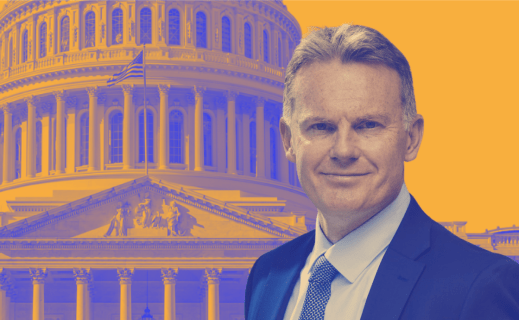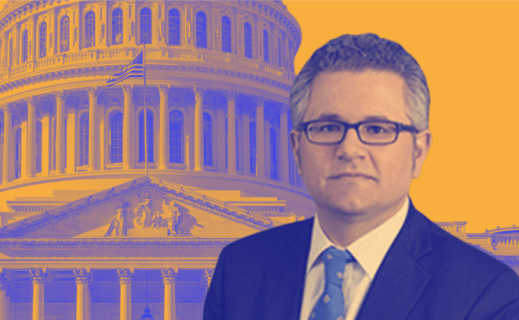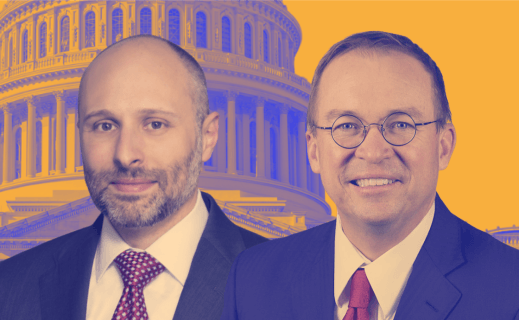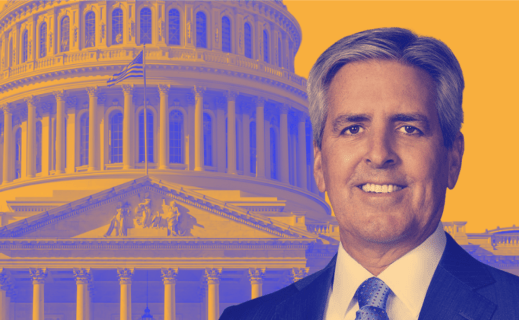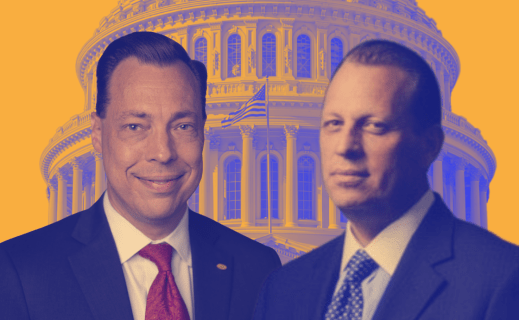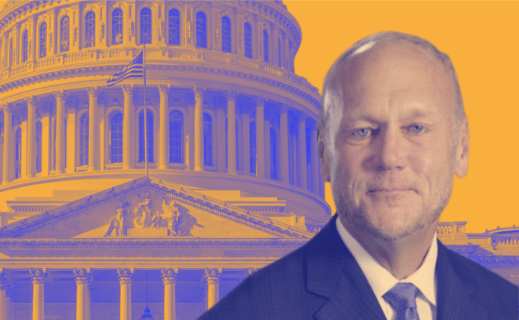On the Hill Episode 20: David Dworkin, President and CEO, National Housing Conference
In this episode of "On the Hill," Tim Rood talks with David Dworkin, president and CEO of the National Housing Conference, the nation’s oldest bi-partisan housing coalition. "Housing has been terribly underinvested in over a period of 20 years," Dworkin said. "We desperately need millions of additional units of housing affordable to working Americans."
Rood and Dworkin discuss policy solutions and regulatory reforms needed to address the affordability crisis and boost production. Simplifying the structures of incentive programs such as the Low-Income Housing Tax Credit would facilitate the creation of more units and maximize taxpayer dollars, Dworkin noted. "There are great programs that are widely supported and are far too complicated to use," he said.
Meanwhile, streamlining the mortgage financing system would allow lenders to make loans on less expensive homes. "Lenders usually lose money making loans under $150,000," Dworkin explained. "That's just unacceptable. I don't want to protect one home buyer from something bad happening at the cost of having 10 credit-worthy homebuyers not be able to get a mortgage."
Dworkin also dives into local challenges, calling exclusionary zoning "the last bastion of bipartisanship," in that both conservative and liberal communities work to block affordable housing construction. At the same time, high state and local fees make it unfeasible to build. "In California the fee for developing land for housing can be $100,000 or more per unit," Dworkin noted. "This is ludicrous. There's no way you're building anything remotely affordable."
Well-intentioned policymaking also needs to be reconsidered in a broader context, Dworkin said, citing the Energy Department's new efficiency regulations for manufactured homes. "Taken in total, they significantly increase the cost of one of the most affordable sources of housing," he said. "To make poor people who desperately need affordable housing pay for this priority that won't have a material impact on climate change just doesn't make any sense whatsoever. We have to start thinking holistically and sensibly."
The government could also encourage housing investment by allowing acquisition, development and construction (AD&C) lending to be more heavily weighted toward banks' Community Reinvestment Act (CRA) performance than other activities. And while it may be within the charters of Fannie Mae and Freddie Mac to make AD&C loans, Dworkin argued they should play a different role.
"The real innovation starts at Fannie Mae and Freddie Mac when they're working with their lenders, because they are not very good at creating products, but they're great at scaling other people's successful products,” he said. “That’s the recipe to expand the homeownership rate in a healthy way."
Rood and Dworkin also discuss how Texas, which places limits on cash-out refinancing, became a model for sustainable homeownership during the Great Financial Crisis. Those rules helped prevent the crooked brokerage schemes inflicted on their cross-border neighbors, according to a study by the Federal Reserve of Dallas.
"We did a great job in the 1990s of expanding homeownership and helping people build wealth, but we never taught them wealth management," Dworkin said. "As a result, once they had a couple hundred thousand dollars in equity in their homes, they were ripe pickings for brokers to set them up in serial equity-stripping schemes on what looked like perfectly normal mortgages, but they weren't. So we have to be thoughtful about this and learn from our past mistakes."
Dworkin was previously a senior policy adviser at the Treasury Department, working on housing and community development matters. He also served as a member of President Barack Obama’s Detroit interagency team. Previously, he managed the Capital Magnet Fund at the Treasury Department’s CDFI Fund, which disbursed $80 million in grants for economic revitalization and community development. He also served in a number of leadership positions at Fannie Mae and in the State Department.
Listen to the podcast above.

